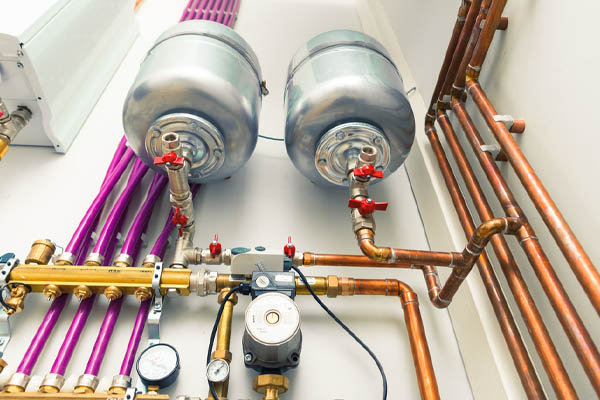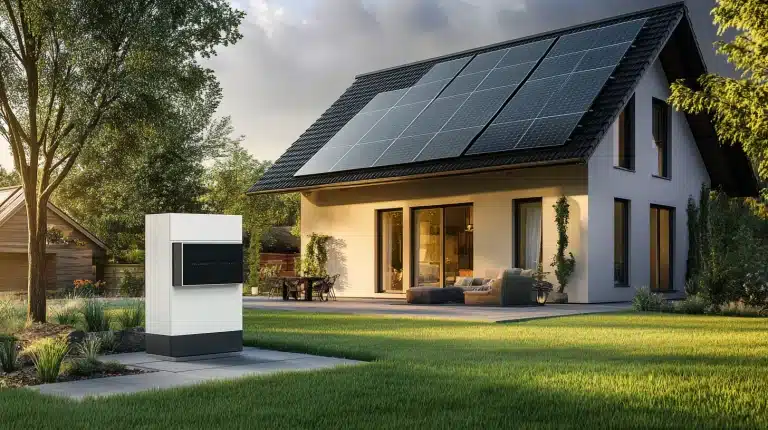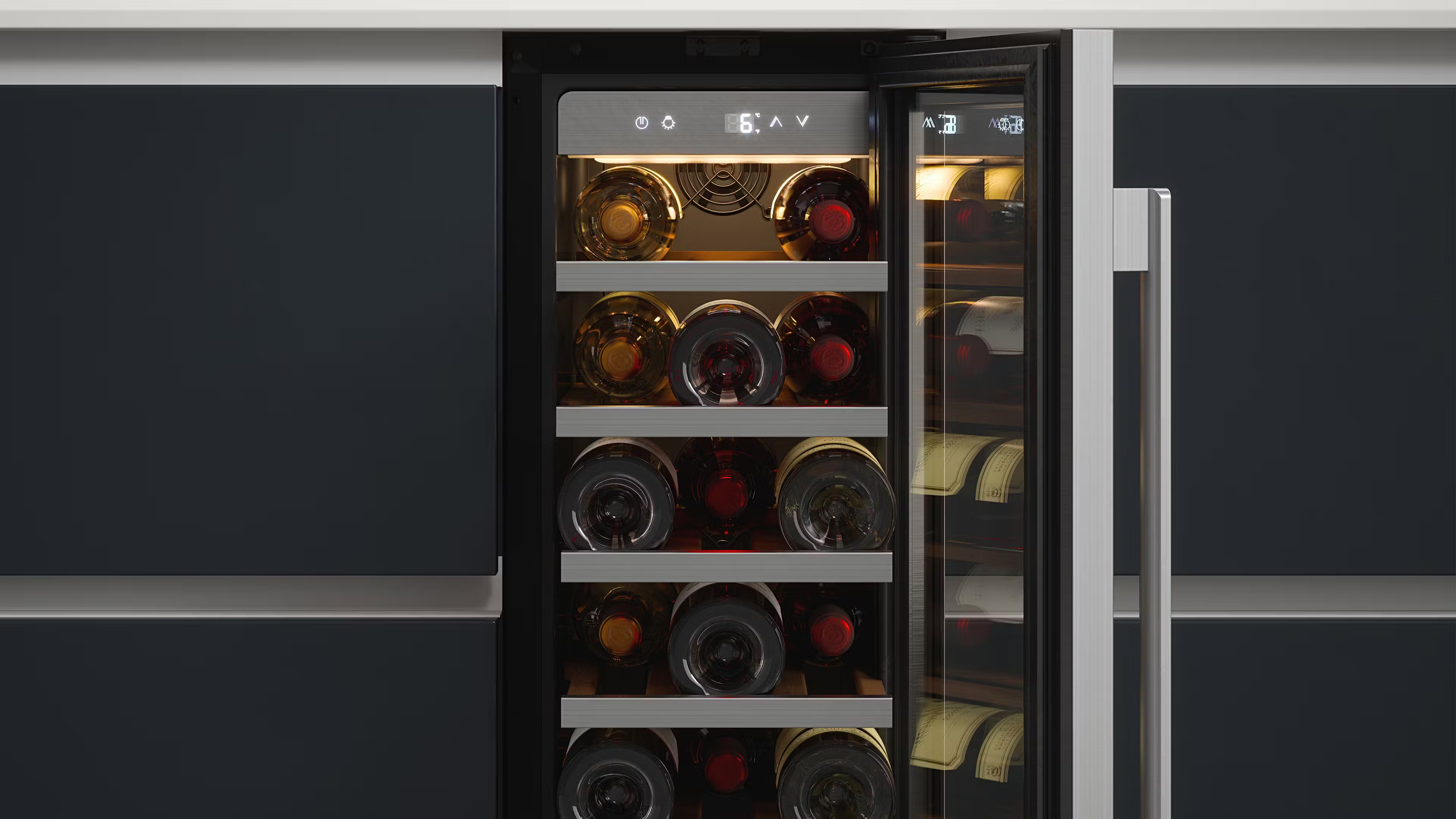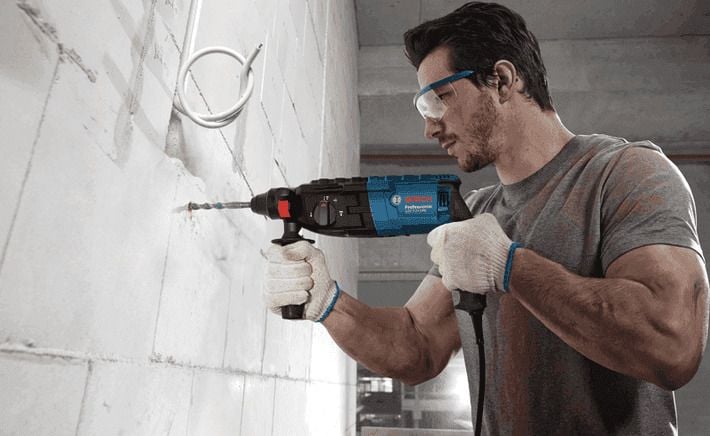Is It Time to Update Your Heating and Air Conditioning Systems?

Table of Contents
The heating and air conditioning systems in your home are responsible for keeping you and your family members comfortable all year round. They provide warmth during the cold winter months and cool relief in the scorching heat of summer. However, like any other mechanical systems, heating, ventilation, and air conditioning (HVAC) systems have a finite lifespan and may require updating or replacement over time. But when it is a time to contact a HVAC replacement company? This article will help you decide.
The Age Factor
HVAC systems generally have a lifespan of around 15 to 20 years—although this can vary depending on factors such as maintenance, usage, and the type and brand of equipment. If your system is nearing or has surpassed this age range, it may be time to start thinking about a replacement. Older systems tend to require more frequent repairs, and their energy consumption can be significantly higher than newer, more efficient models.
Energy Efficiency
Energy efficiency is a critical consideration, especially with rising utility costs. Older HVAC units are often less energy-efficient than their modern counterparts. The energy efficiency of an air conditioner is typically measured by its SEER (Seasonal Energy Efficiency Ratio) rating, while furnaces and boilers are rated by AFUE (Annual Fuel Utilization Efficiency). The higher these ratings, the more energy-efficient the system is.
If your HVAC system has a low SEER or AFUE rating, it means that it is consuming more energy to deliver the same heating or cooling as a newer, more efficient model. This inefficiency translates into higher energy bills. By upgrading to a high-efficiency HVAC system, you can enjoy better performance and lower operating costs. Over time, the energy savings can offset the initial investment.
Repairs and Maintenance
Frequent breakdowns and the need for repairs can be a clear indication that your HVAC system is approaching the end of its life. As heating and cooling equipment age, their components wear out, making them more prone to malfunctions. While it is normal for systems to require occasional maintenance and repairs, it might be time to get a new one if you find yourself constantly calling for HVAC service. A new HVAC system is not only more reliable but also comes with warranties that can provide peace of mind, knowing that you will not have to face unexpected repair bills.
Inconsistent Comfort
Your HVAC system’s primary job is to maintain a comfortable temperature throughout your home. If you notice inconsistencies in temperature or comfort levels in different areas of your home, it could be a sign that your system is no longer functioning optimally. Uneven heating or cooling can result from various issues, including duct problems, thermostat malfunctions, or an HVAC system that is struggling to keep up with the demand.
Updating your HVAC system can help ensure that your home’s comfort is consistent and reliable. Newer systems are designed with advanced features and technology that provide better temperature control and distribution. They can also include zoning options, allowing you to customize the temperature in different areas of your home to save energy and meet your specific comfort needs.
Outdated Technology
The HVAC industry has seen many significant advancements in technology over the years. If your current system predates many of these innovations, you may be missing out on energy savings and innovative features like smart thermostats, programmable settings, and remote control capabilities. These technologies not only enhance your comfort but also make it easy and convenient to manage your energy consumption. Smart thermostats, for example, allow you to create heating and cooling schedules that align with your daily routine.
Environmental Considerations
Older HVAC systems may use refrigerants that are harmful to the environment, such as R-22 (commonly known as Freon). These refrigerants are being phased out due to their ozone-depleting properties, and their production and import have been restricted. If your HVAC system relies on outdated refrigerants, it is not only bad for the environment but also increasingly costly to service due to the limited availability of these refrigerants.
Home Renovations
If you are planning significant renovations or additions to your home, it is essential to assess whether your existing HVAC system can adequately handle the increased heating and cooling demands. For instance, a larger living space or additional rooms may strain your current system, leading to inefficient operation and discomfort. In such cases, it may be necessary to upgrade to a more powerful and efficient HVAC system.
Financial Incentives
Many governments and utility companies offer incentives to encourage homeowners to invest in energy-efficient HVAC systems. These incentives can help reduce the upfront cost of purchasing and installing a new system, making it a more attractive option. The availability of incentives and their specific requirements can vary by location, so ask your HVAC contractor to provide information on any available incentives.
Conclusion
Your heating and air conditioning system directly impacts your comfort at home and energy expenses. While the initial cost of purchasing and installing a new HVAC system can be substantial, an energy-efficient system can lead to significant savings over its lifespan through reduced energy consumption and lower maintenance or repair costs. To make an informed decision, consult with a qualified home comfort professional who can assess your needs, recommend appropriate equipment, and help you plan for the installation process.






